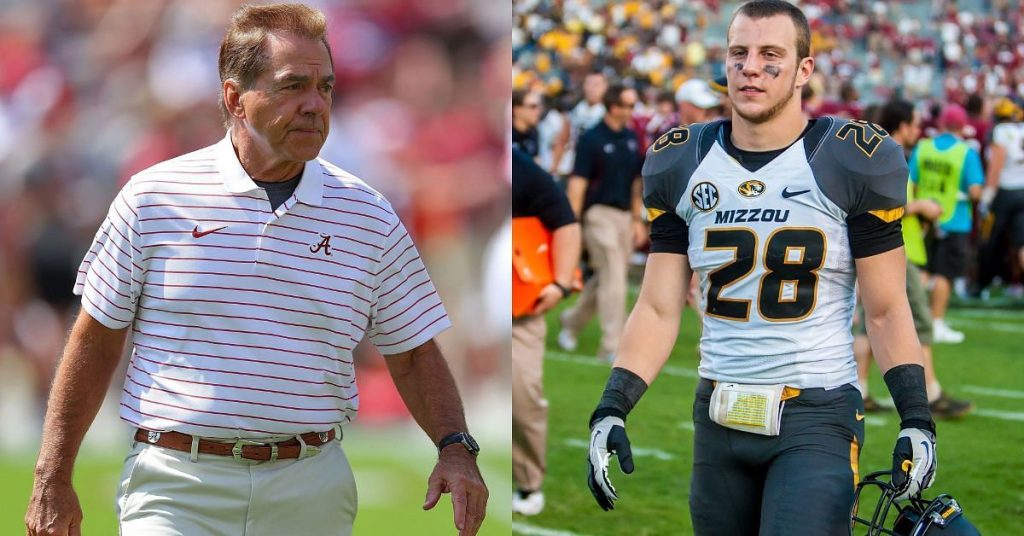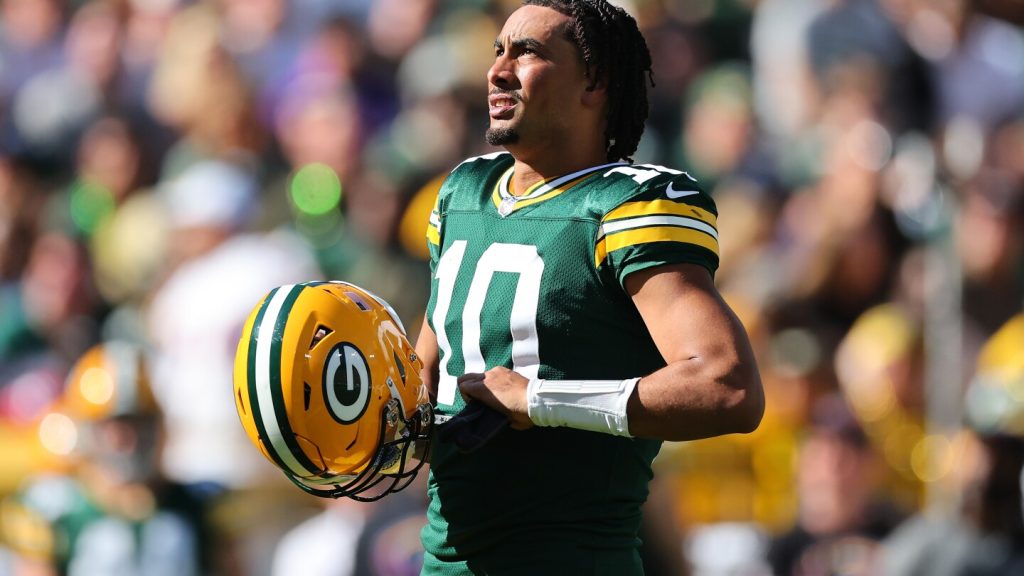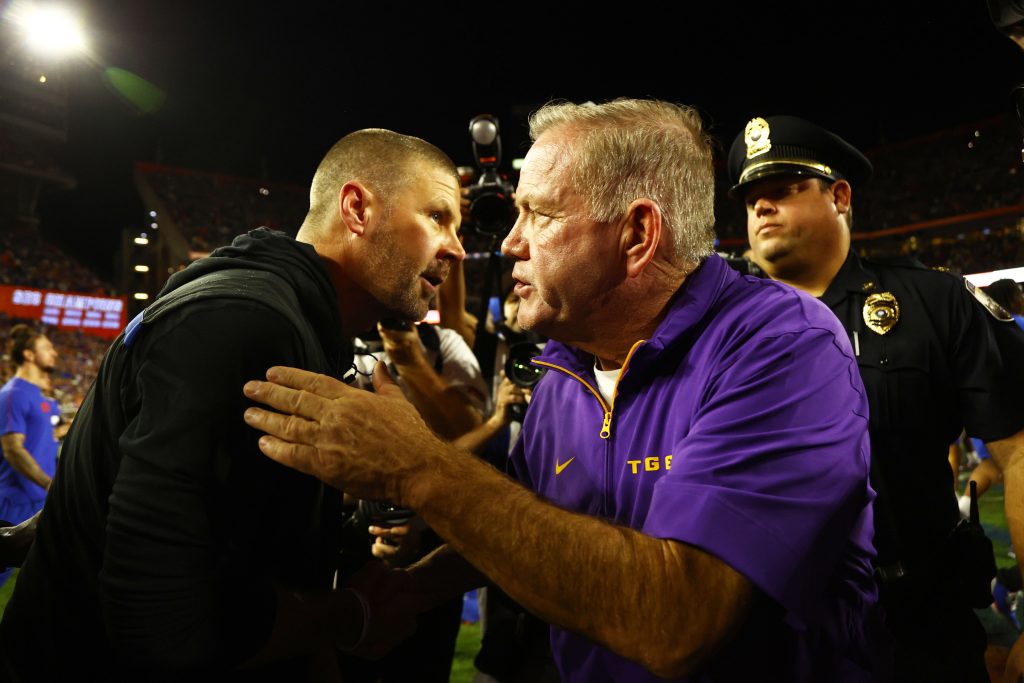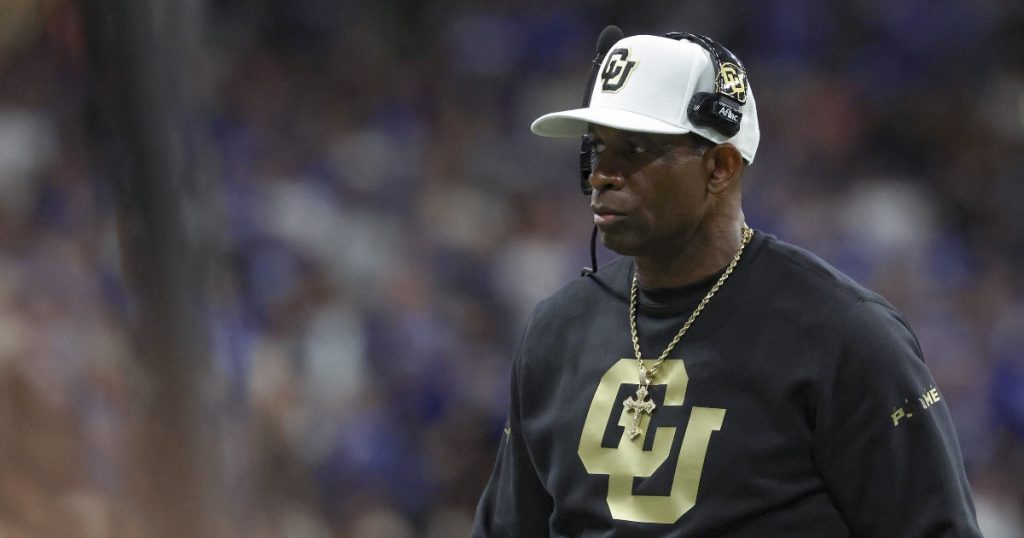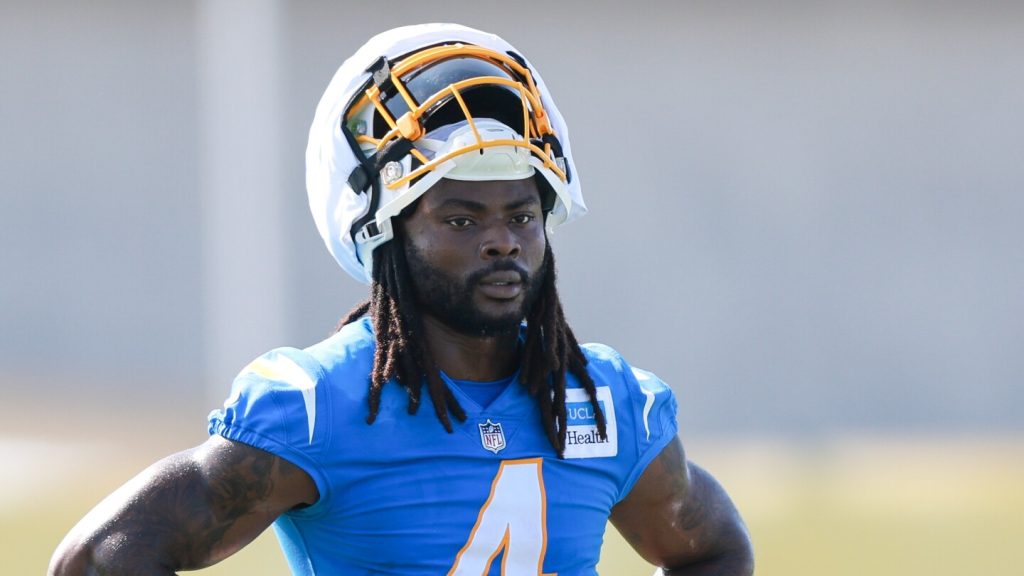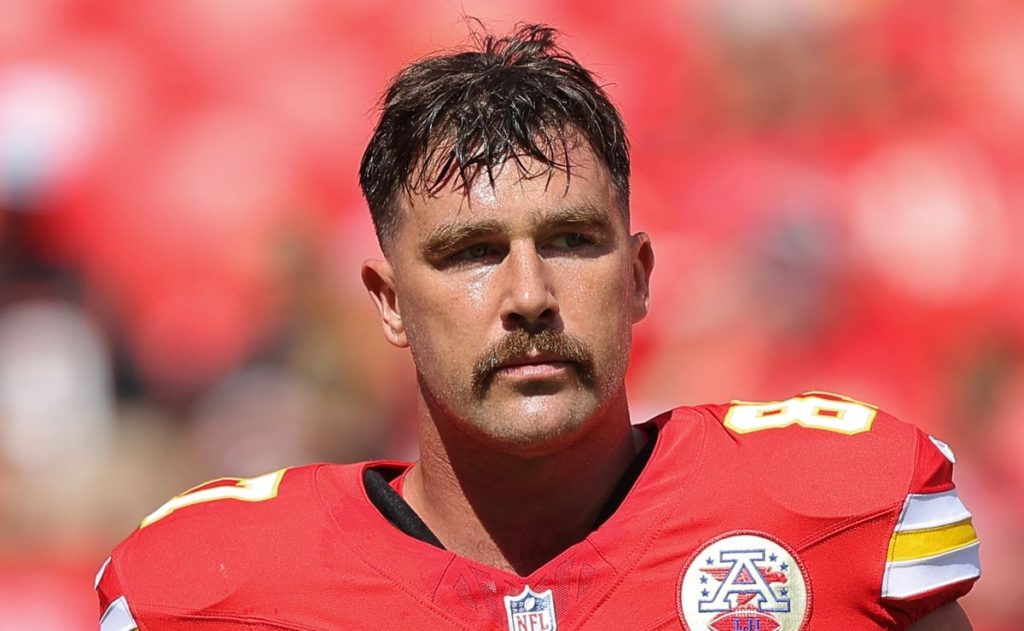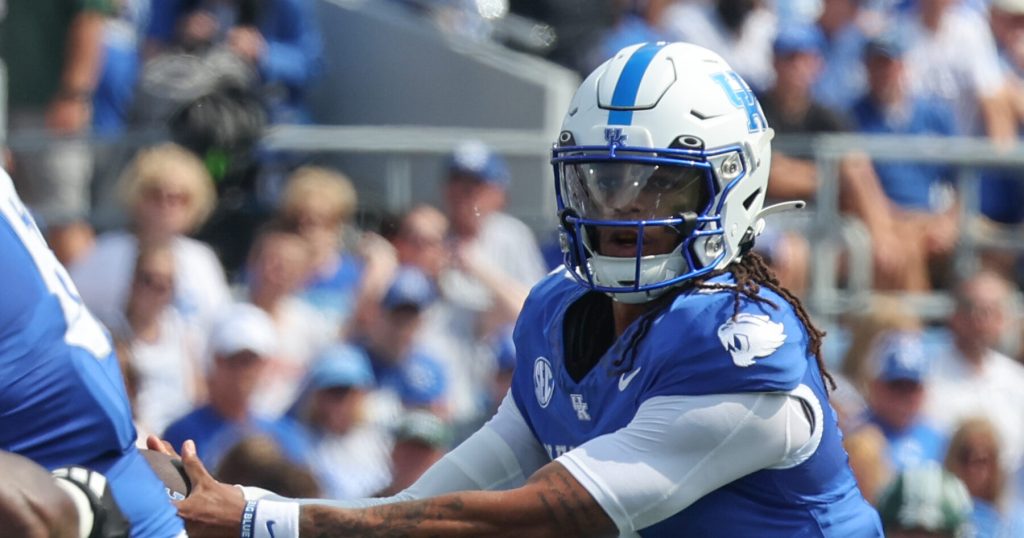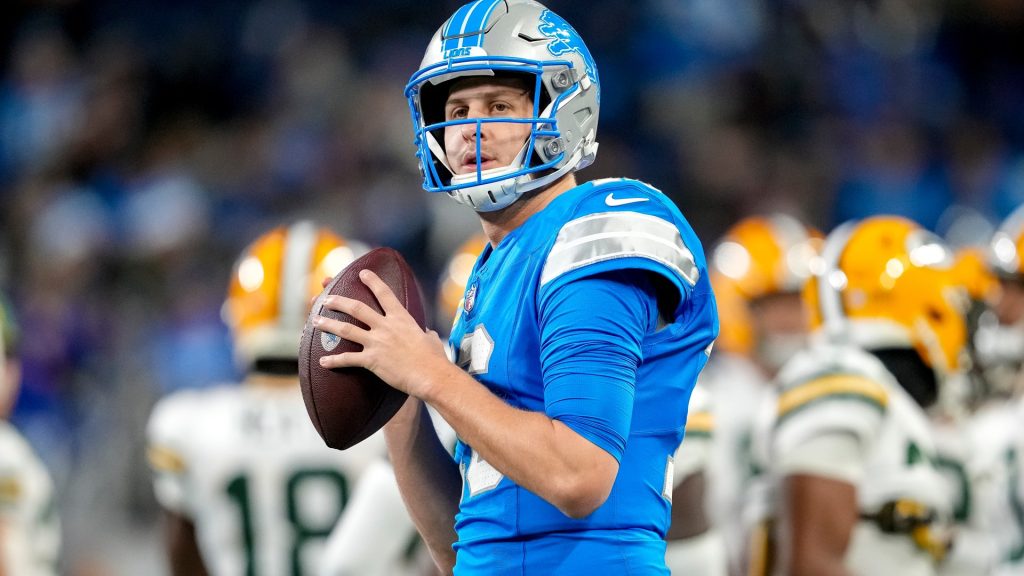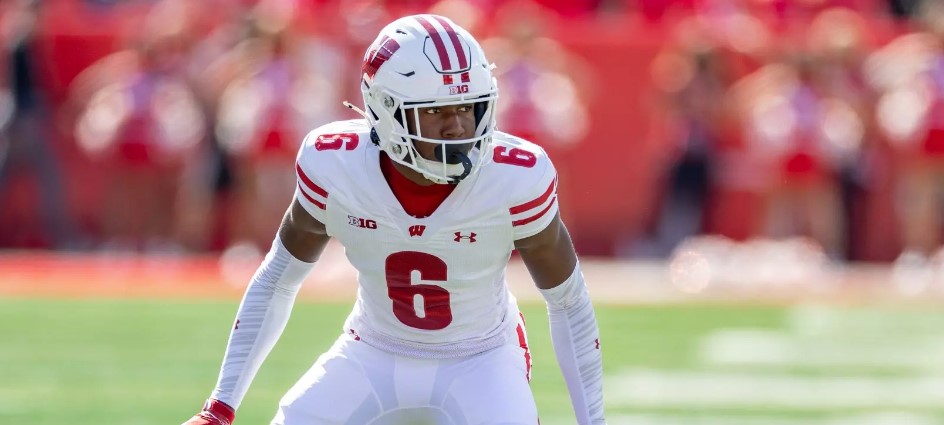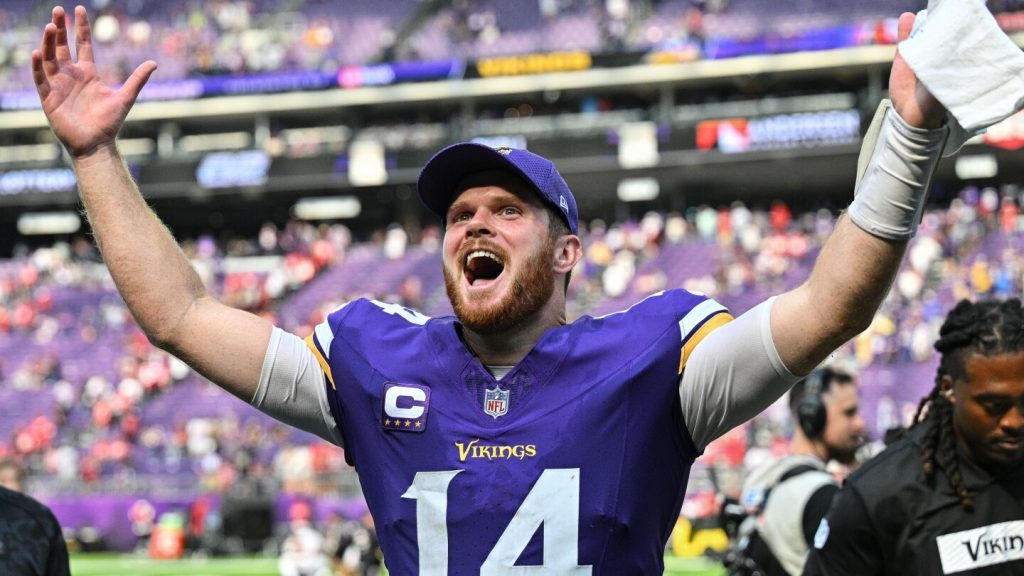Nick Saban, the iconic coach of the Alabama Crimson Tide, is once again voicing his concerns about the current state of college football, particularly regarding the Name, Image, and Likeness (NIL) system. During a recent appearance on ‘The Pat McAfee Show,’ Saban characterized the existing NIL framework as “unsustainable” and detrimental to the players’ long-term interests. His comments have sparked a lively debate among former players and analysts alike.
Criticism of Saban’s Timing
T.J. Moe, a former NFL wide receiver, didn’t hold back in his response to Saban’s criticisms. Appearing on Jason Whitlock’s ‘Fearless’ podcast, Moe pointed out the irony in Saban’s timing. “Pretty convenient for Nick Saban to have all these ideas now that he’s out of coaching,” Moe remarked, highlighting Saban’s long tenure and lucrative contract with Alabama. He emphasized that while Saban signed an eight-year, $93 million deal, there is no salary cap for coaching salaries, allowing elite programs to pay coaches exorbitant amounts without restrictions.
Moe further elaborated on the disparities in college football, stating, “These five schools can all get the best coaches and pay them whatever they want. No salary cap talk there, and the same five schools win the national championship every year.” His comments question the fairness of the current system, especially as NIL deals begin to level the playing field for players at different programs.
What Did Nick Saban Say on NIL?
Saban’s frustration with NIL and its impact on college football was palpable during his interview on ‘The Pivot Podcast.’ He expressed a preference for coaching in the NFL if given the choice today, citing the significant changes in college football. “I love coaching pro ball,” Saban stated. “If I was going to coach today, based on circumstances in college and the NFL, I would coach in the NFL because all those things in college have changed.”
He articulated a deep concern over how NIL has shifted players’ priorities, saying, “It used to be you went to college to develop value for your future. Now, people go to college to see how much money they can make.” This shift, according to Saban, undermines the essence of college athletics and the educational experience.
The Impact of NIL on College Football
The introduction of NIL deals and the transfer portal has granted college athletes unprecedented freedom, but it has also raised questions about the integrity of the sport. Saban criticized the lack of structure in the current system, likening players to “free agents twice a year.” This newfound freedom, while empowering for athletes, has left many, including Saban, worried about the potential chaos it could bring to college football.
The debate surrounding NIL is not just about money; it touches on the fundamental values of college sports. As Saban pointed out, the focus seems to have shifted from education and personal development to financial gain. This raises an essential question: How can college football maintain its integrity while adapting to a rapidly changing landscape?
Support for Saban’s Position
In a twist of events, Steve Kim, a fellow podcast contributor alongside Whitlock, echoed Saban’s sentiments. He proposed that NIL deals should be withheld until players complete their first year in college. This suggestion aims to ensure that athletes prioritize their education and development before diving into the financial aspects of college sports.
Kim’s proposal highlights a growing concern among many in the college football community: How can we strike a balance between fair compensation for athletes and preserving the core values of college athletics? As the conversation continues, it’s clear that the implications of NIL are far-reaching and complex.
The Future of College Football
As the landscape of college football continues to evolve, the conversations around NIL are becoming increasingly critical. The tension between tradition and modernity is palpable, and the stakes are high. Coaches, players, and fans alike are grappling with the implications of these changes.
With Saban’s recent comments igniting further discussion, it’s evident that the future of college football will require careful navigation. How will programs adapt to the new realities of NIL? Can the integrity of the sport be maintained while allowing players to capitalize on their likeness? These questions remain at the forefront of the college football dialogue.
In the end, the debate over NIL is not just about compensation; it’s about the very essence of college football. As we move forward, it will be crucial for all stakeholders to engage in meaningful conversations to shape a future that honors both the athletes and the traditions of the sport. The road ahead may be challenging, but it is also filled with opportunities for growth and innovation in college athletics.

